How HIV Changed Medicine Forever [UCSF Magazine]
The quest to defeat HIV/AIDS didn’t just turn a deadly virus into a manageable condition. It transformed science and health care. Read at UCSF Magazine.
Freelance Science Writer
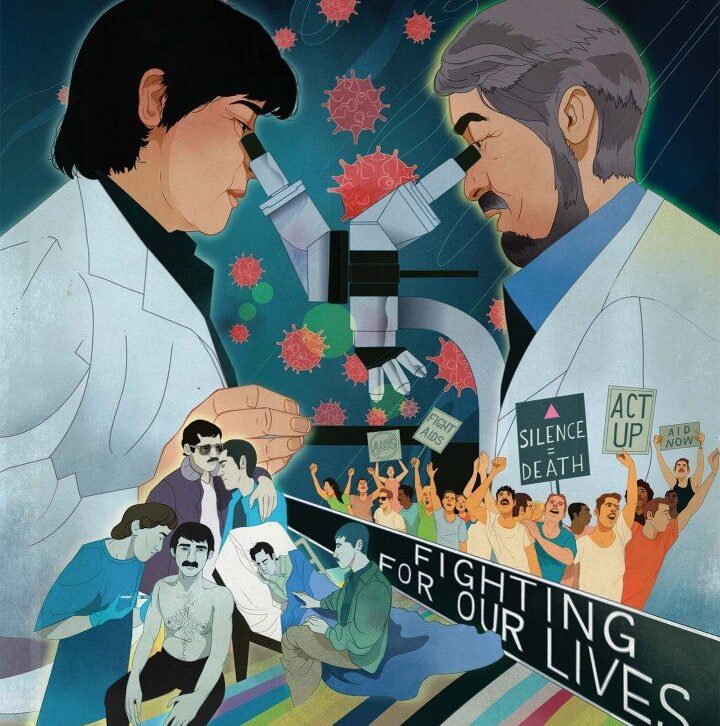
The quest to defeat HIV/AIDS didn’t just turn a deadly virus into a manageable condition. It transformed science and health care. Read at UCSF Magazine.

Columbia researchers and clinicians are studying how artificial intelligence can translate to better patient care. [Read at Columbia Medicine Magazine]
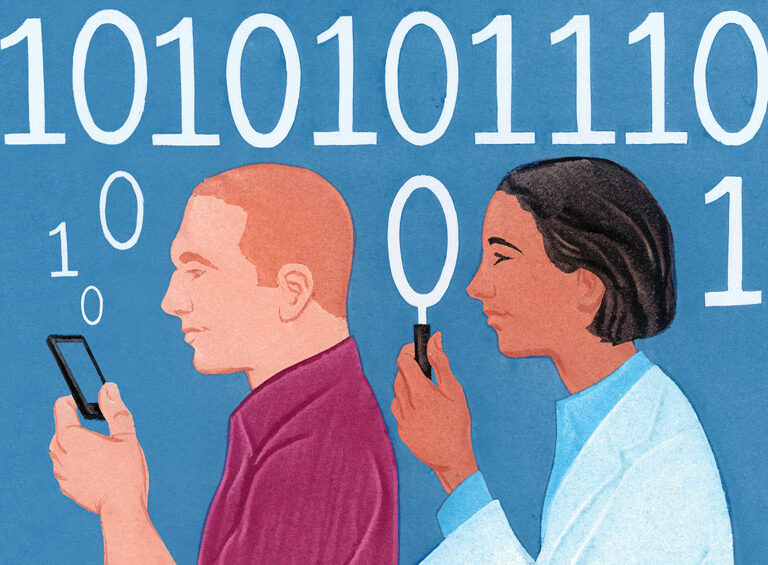
Every day, seemingly innocuous data is used in ways for which it was not originally intended. In their new book “The Secret Life of Data,” Aram Sinnreich and Jesse Gilbert cover how data is used, reused and misused. Read in American University Magazine.
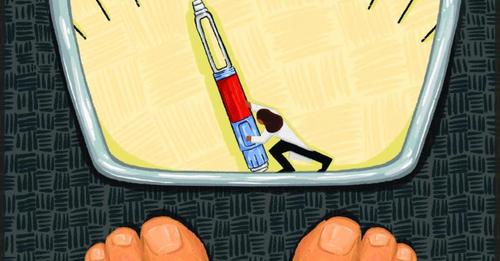
Columbia researchers investigate the molecular and neurological aspects of obesity and appetite in hopes of developing next-generation weight loss drugs. [Read in Columbia Medicine Magazine]
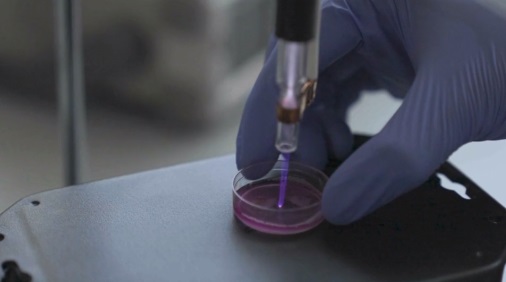
Aerospace engineer Michael Keidar has spent his career studying the physics of plasma and how to harness this fourth state of matter for real-world applications. His research is yielding big results in everything from satellite propulsion to cancer treatments. Read more in the GW Research Magazine.
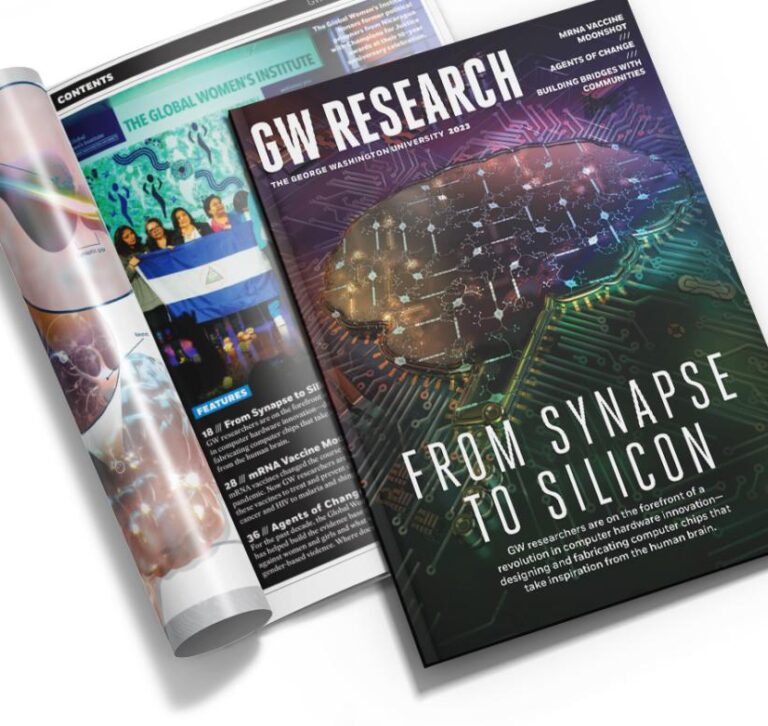
GW researchers are on the forefront of a revolution in computer hardware innovation—designing and fabricating computer chips that take inspiration from the human brain. Read more in the George Washington University Research Magazine.
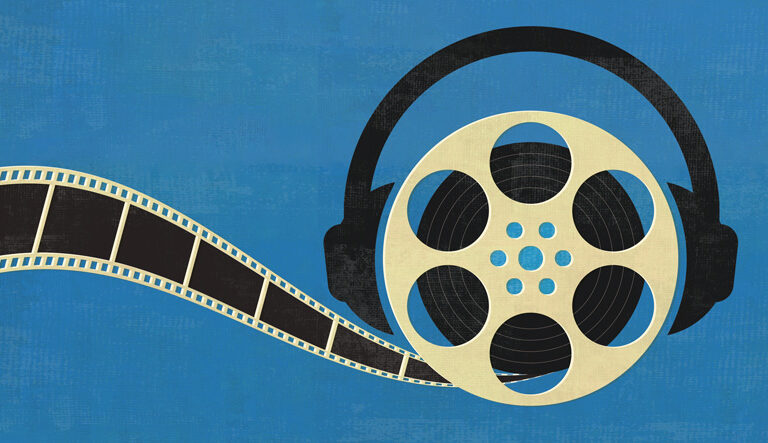
Joel Snyder pioneered the art and science of audio description: the vivid oral narration of a film or performance for the visually impaired. Read in American University Magazine.
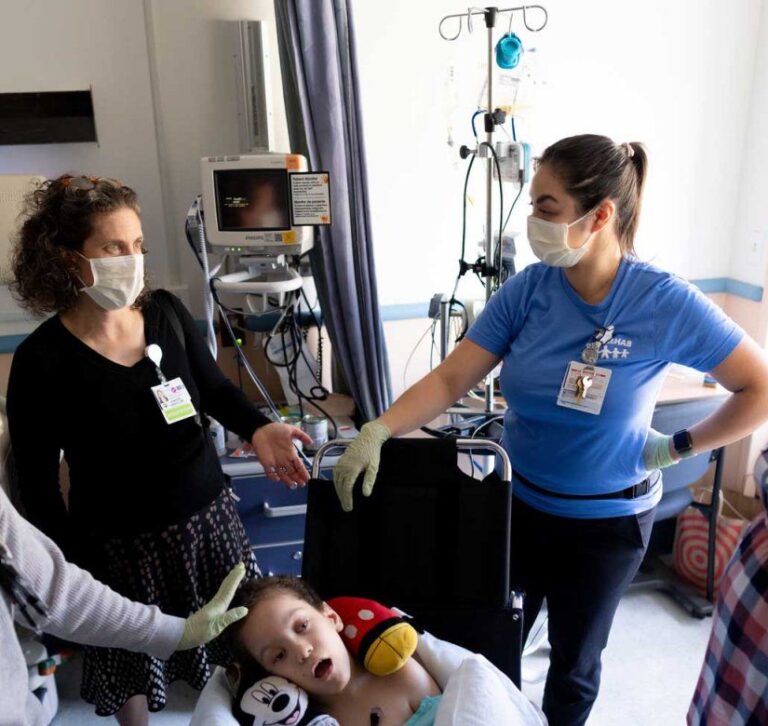
Born from the Bay Area’s multiculturalism, UCSF Benioff Oakland interpreters answer hundreds of calls a day to interpret more than 200 languages for patients, families and health care providers. Read at UC San Francisco website.